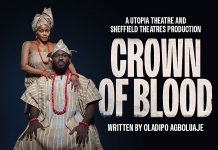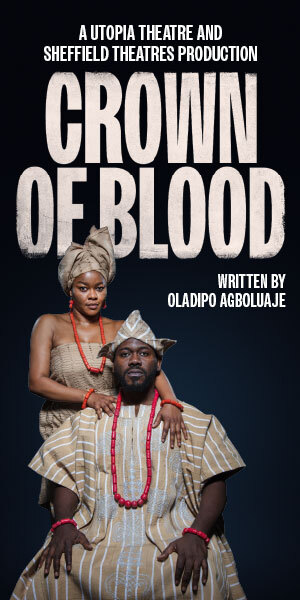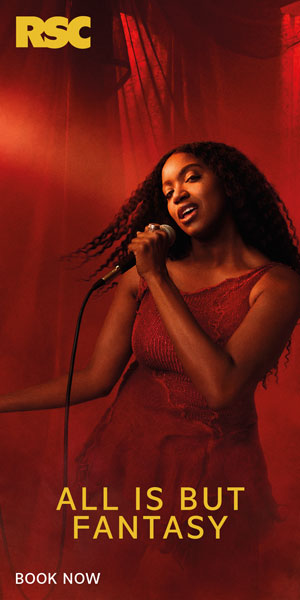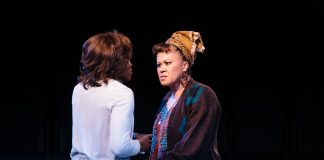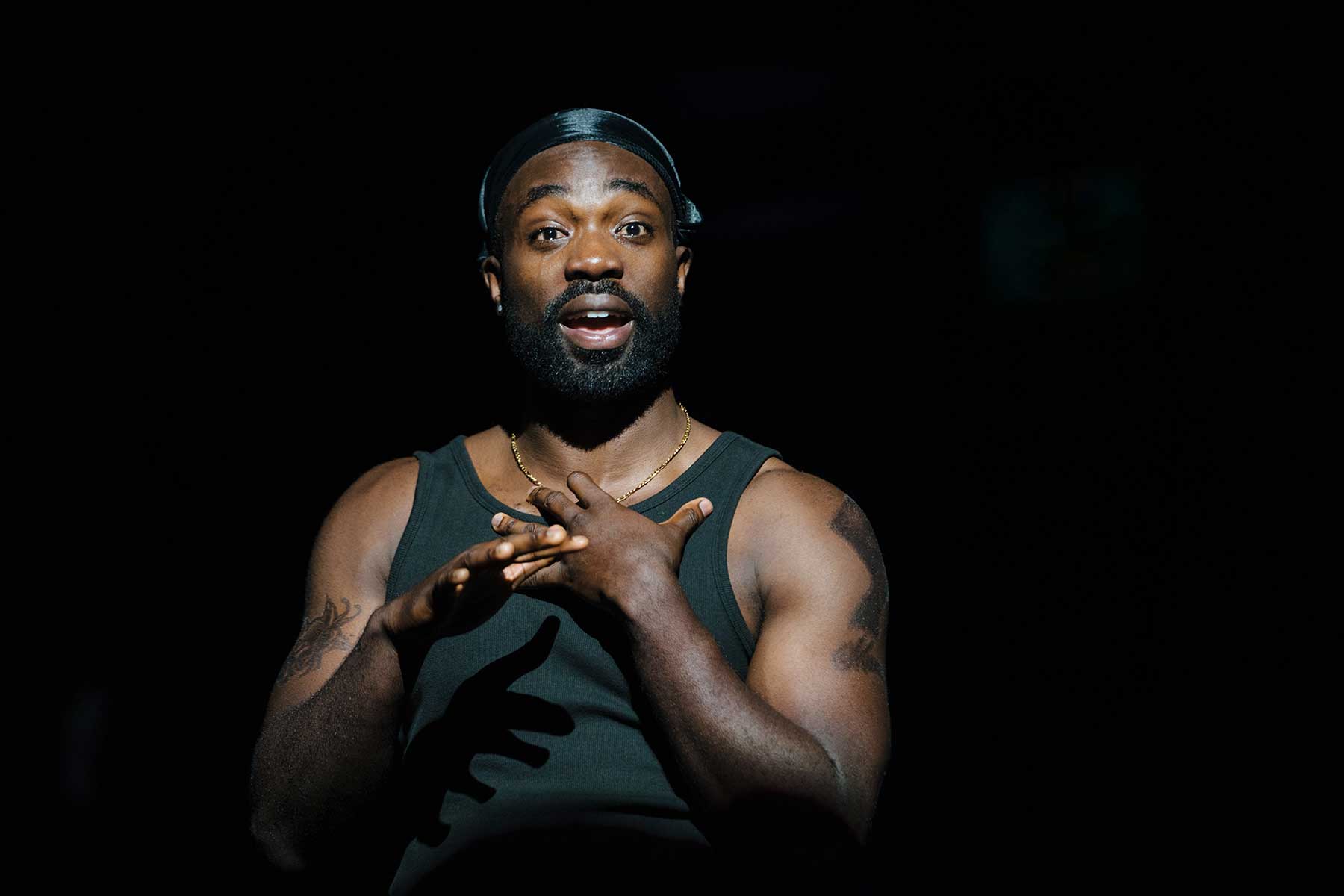
Death of England: The Plays, is a trilogy of stories currently being staged at the @sohoplace Theatre in London. They are companion pieces that can be enjoyed as individual standalone productions or as a collective complementing each other and have been written so they can be watched in any order.
I had seen and enjoyed Death of England: Michael so was looking forward to seeing the next play in the series, Death of England: Delroy. There is no denying the two plays are connected, they are even performed on the same stage: raised platforms in the shape of a cross with a red covered floor to create a visual of the cross of St George. Both plays have a similar structure, a monologue telling a man’s story by moving between his past and his present.
Parts of the two stories of the two plays overlap. They share an emotional intensity in the storytelling but the plays have a different vibe and a different energy which is testament to Clint Dyer’s masterful direction which makes the plays feel similar but distinct. Whereas Death of England: Michael is a story of the white English working class, in Death of England: Delroy the perspective switches to the black working-class experience in this country.
Paapa Essiedu delivers a tour-de-force performance as Delroy, a black Brexit-supporting bailiff who, despite his pride in his upwardly mobile success, is deeply scarred by the racism he has endured throughout his life. We meet him confined to his flat, his movements restricted by an electronic tag strapped to his ankle. As his story unfolds, we learn that his attempt to rush to the side of his girlfriend Carly, who is about to give birth, is thwarted by police who racially profile him.
This unjust treatment fuels Delroy’s growing frustration, which escalates into aggression and ultimately leads to his detention in police custody. While the first play in the Death of England series explored in depth generational attitudes towards race, this play touches on these themes more subtly through the character of Delroy’s mother, Denise. Her disapproval of her son’s relationship with a white girlfriend reflects a different generational perspective on race and identity, adding another layer of complexity to Delroy’s struggles.
“The play not only offers a powerful critique of modern England but also serves as a reminder of the importance of empathy and understanding in a world increasingly divided by race and identity”
The array of characters we encounter in the play is brought to life by Paapa Essiedu through his skillful manipulation of voice inflections, physical stances, and expressive nuances. Essiedu delivers a virtuoso performance, seamlessly transitioning between roles with impressive agility. His ability to shift from one character to another while delivering rapid-fire dialogue, central to the conversations recounted by Michael, demonstrates his exceptional range and versatility as an actor.
Writers Clint Dyer and Roy Williams have skillfully crafted a script that is not only brutally honest but also layered with humour. Delroy’s words resonate with authenticity, reflecting the experiences of a man who has navigated a range of challenges in his lifetime. The dialogue blends sharp wit with poignant insights, creating moments that are both laugh-out-loud funny and deeply thought-provoking.
An example of the play’s clever humour, while subtly making a political point, is when Delroy compared his sense of being an outsider to being “a Palestinian supporter at the BBC.” The play tackles difficult and often uncomfortable topics with boldness and balances these heavy themes with a sense of humour and humanity, making the story accessible and relatable while still challenging the audience to reflect and engage in what is being said.
Death of England: Delroy is a remarkable piece of modern theatre that I would encourage you to see. The play not only offers a powerful critique of modern England but also serves as a reminder of the importance of empathy and understanding in a world increasingly divided by race and identity.
Need to know: Death of England: The Plays runs at Soho Place until 28 Sept 2024. See listing.





